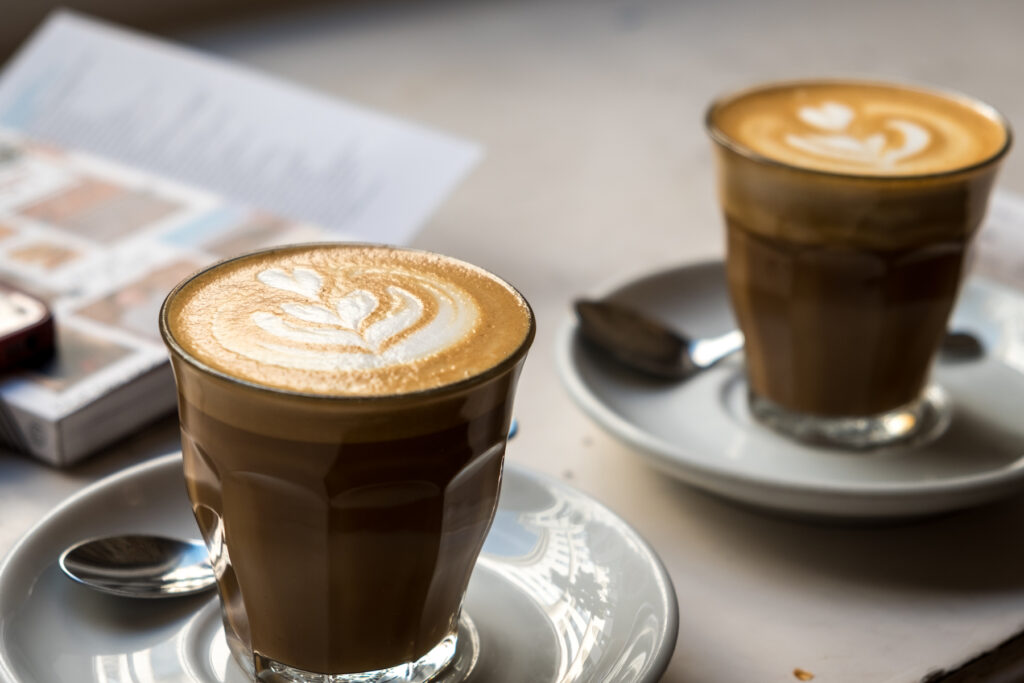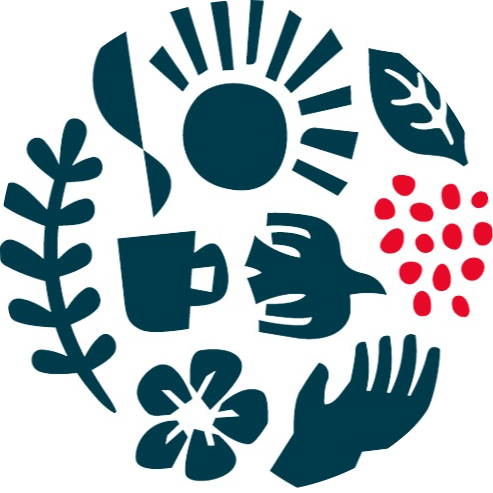Coffee is one of the world’s most popular beverages, with an estimated 2.25 billion cups consumed each day worldwide. Yet, not all coffee is created equally; when it comes to selecting the perfect cup of joe, there is no better option than specialty coffee.
But what is specialty coffee? Specialty coffee refers to the highest grade of Arabica beans that have been carefully sourced, roasted and brewed to bring out the unique flavor characteristics and natural sweetness of each bean. Read on to learn more about specialty coffee and discover for yourself why it is so “special.”
Specialty Coffee Is The Best You Can Get
Specialty coffee is a unique and superior coffee experience that stands out from the ordinary. Unlike regular coffee, specialty coffee beans are carefully chosen based on their quality and flavor characteristics. The beans are then roasted at lower temperatures for longer periods of time, which helps to bring out the unique flavors hidden within the bean. This results in a more flavorful cup of coffee that is smooth and complex. The process of roasting the beans also helps to create aromas that can range from nutty or sweet to fruity and spicy.
What Makes Specialty Coffee Special?
Specialty coffee offers a unique, premium experience for the discerning aficionado seeking something beyond mass-produced varieties. It is marked by its superior quality and higher attention to detail in every step of the production process – from sourcing, to roasting, brewing, and serving. Specialty coffee beans are carefully sourced from prime growing regions around the world, with particular attention paid to ensuring only ripe, high-quality beans are used.
The roasting process for specialty coffees is often different than that of traditional roasts as it strives for an even more consistent flavor profile. Not only are light and medium roast profiles preferred over darker roasts, but careful monitoring of the roasting process is also essential to guarantee that each bean is brought to its greatest potential without becoming overly burnt or scorched.
History Of Specialty Coffee
The specialty coffee movement has its roots in the early 19th century, when a Dutch merchant began shipping beans to Europe from Indonesia. The beans had a unique flavor and aroma that captivated coffee drinkers around the world. Since then, the specialty coffee market has grown exponentially. In the late 20th century, a third wave of specialty coffee emerged with an emphasis on quality, sustainability, and social responsibility.
Quality control processes for specialty coffees involve rigorous cupping sessions to test for acidity, sweetness, body, balance, complexity, finish and other criteria based on standards established by the Specialty Coffee Association (SCA). The SCA also provides education and certification programs for industry professionals as well as research grants for scientific studies related to improving coffee quality and production practices. Today’s specialty coffee industry is continuously innovating with new brewing techniques, sourcing practices and education capabilities to provide customers with an ever-evolving experience of great tasting coffees.
Coffee Grading
Coffee grading is the process of assessing the quality and value of coffee beans. Specialized coffee graders will evaluate the characteristics, size, and density of the beans, as well as their flavor profile. Grading can range on a scale from 10 points for the highest-grade specialty coffees to below zero for low-grade coffees.
As part of the grading process, coffee beans are inspected for defects such as stalks, sticks, insects, stones, animal droppings, parts of plants and other foreign objects that can contaminate coffee beans. The aroma and flavor profiles are then evaluated based on body and acidity levels, as well as aftertaste.
Growing Regions
Specialty coffee is grown in different parts of the world, and each region produces its own unique flavors. Central and South America are home to some of the most popular coffee growing regions, including Costa Rica, Colombia, Panama, and Mexico. These countries have ideal climates for growing coffee beans that are known for producing a rich and complex flavor. In Africa, Ethiopia is one of the most important producers of specialty coffee as it’s home to many different varieties of Arabica beans. Ethiopia also has a distinctive climate that helps produce vibrant and flavorful coffees.
Indonesia is another popular source of specialty coffee beans with Sumatra being the most prominent origin. Indonesia’s tropical climate produces full-bodied coffees with earthy notes of chocolate and molasses that linger on the palate. Other growing regions around the world include India, Guatemala, Peru, Honduras, Nicaragua and Vietnam which all produce unique flavor profiles that reflect their terroir. As such, specialty coffee drinkers can experience a variety of flavors based on where their beans were sourced from.
Cherri Café: Specialty Coffee With A Mission
Join our community of happy customers already experiencing the delicious flavors of Cherri Café’s specialty coffee. Our selection features freshly-roasted and ethically-sourced beans from Central America that are sure to delight. You can try out our coffees with no risk – just delicious rewards! Contact us today and experience a whole new level of coffee enjoyment!




